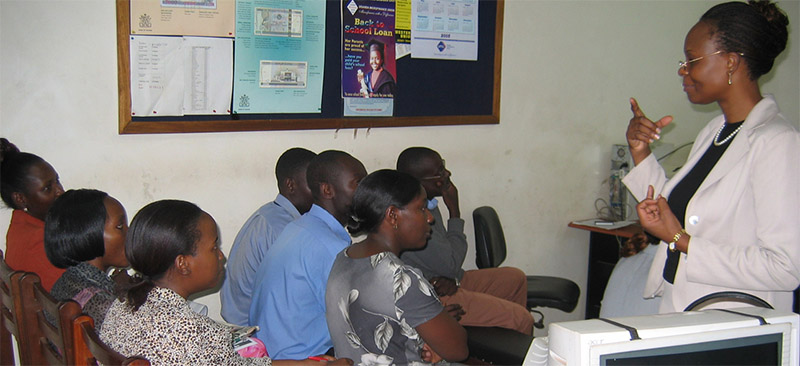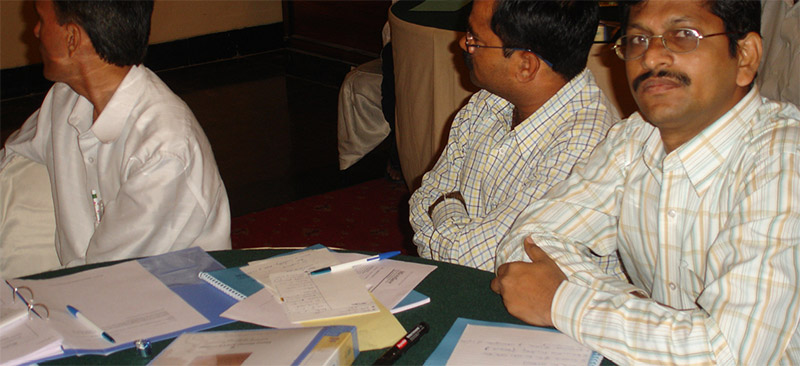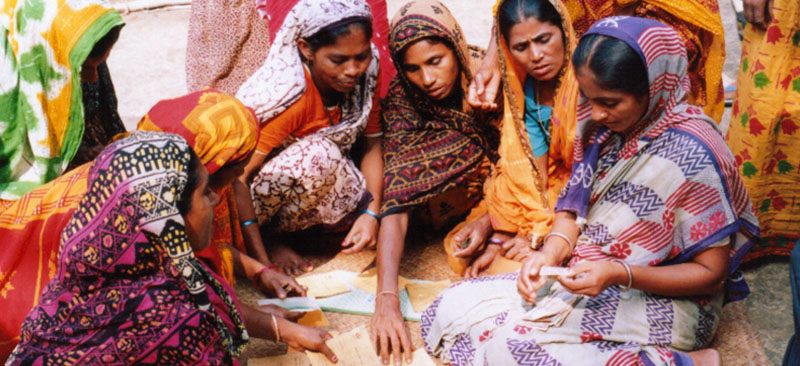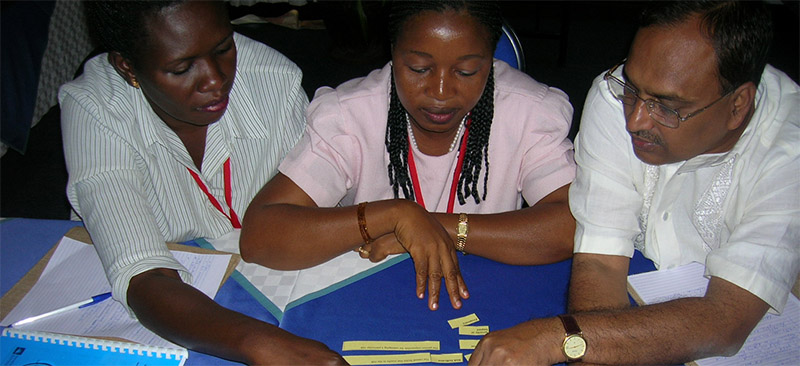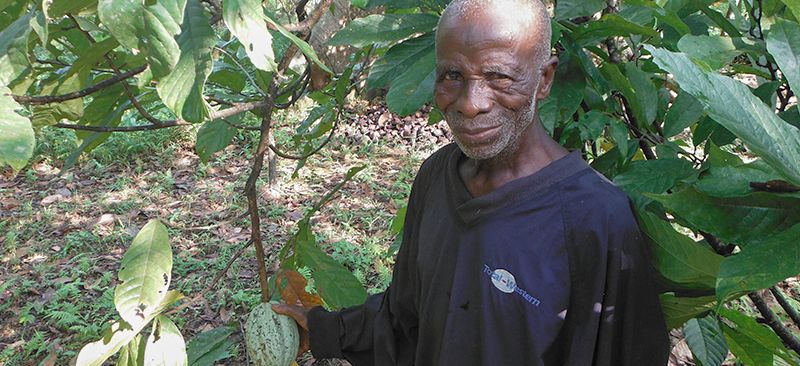Employee Relationship Marketing (ERM) is the process of creating, maintaining and enhancing strong, value-laden relationships with staff. This note focuses on various facets of ERM like – features of a well developed ERM strategy, where does ERM begin, how to meet the customers needs – internal and external customers of the MFIs. The note describes how ERM as a powerful communication tool provides staff with information that enables them to meet the needs of the customer, whilst working towards corporate objectives. Other aspects of ERM discussed in the note include – hiring the right people and ways to measure changes in service quality that demonstrate improvements made so far.
Blog
Beyond the Classroom: MicroSave’s Training Philosophy and Strategy
MicroSave is committed to building capacity for training delivery and use of its toolkits among microfinance institutions (MFIs) pursuing a market-led, client-responsive approach to developing and delivering financial services. This note discusses Microsave’s training philosophy and strategy, the process of developing toolkits, the focus of its trainings which is – transferring knowledge and skills. The four complementary training strategies employed by MicroSave and the three ways to participate in Microsave’s trainings are further discussed in the note.
What Is Grameen II? Is It Up And Running In The Field Yet?
Grameen Bank began as a project to deliver credit to poor rural Bangladeshis in 1976. Led by its founding Managing Director, Muhammad Yunus, it steadily developed what it now calls its ‘classic’ microcredit system. Poor villagers joined weekly-meeting groups, took loans from the bank as individuals, and undertook to help each other should they fall into difficulty. Loans were repaid over a year in equal weekly instalments. Members also deposited small amounts into personal and group-owned savings accounts. ‘Classic’ Grameen’s methods grew piecemeal, as lessons were learnt and new ideas emerged. But in 2000, work began on the design of Grameen II, or, more formally, the ‘Grameen Generalised System’. Grameen II consolidates many of the lessons from experience, but goes beyond that by making some fundamental changes. This first note in the series, ‘What is Grameen II?’ introduces the Grameen Bank and the changes it has made recently, known as the ‘Grameen Generalised System’ or ‘Grameen II’.
Electronic Banking for the Poor
Electronic Banking brings the potential to extend low cost virtual bank accounts to a large number of currently un-banked individuals worldwide. This note discusses how falling costs of technology and competition and the ability of electronic banking solutions to offer customers an enhanced range of services at a very low cost is driving change. While discussing the technical options chosen for the development of an electronic banking this note takes into account the customer perspective – the customer value proposition; the institutional perspective – the business case; and the local environment for electronic banking. It further explores the options for microfinance programmes and lists the general principles derived from The Virtual Conference on Electronic Banking for the Poor.
Lessons from MicroSave’s Action Research Programme (2003)
This note documents the lessons learned in 2003 under the Action Research Programme of MicroSave. The note suggests planning and preparing for the growth, plan for financing it, and also prioritizing the change, information systems, procedures and template. Moreover, it advises the MFIs for a rollout throughout standardization, strong communications, good process mapping for minimizing risks, improving customer services and enhancing delivering channels.
Equity Building Society – Market-led approach to microfinance
This study provides Equity Building Society’s role in providing financial services in the underserved, low-income section of the Kenyan market. It gives brief information about economy and financial situation in Kenya. It traces the historical growth of Equity Building Society in relation to its financials, staff and the customer base since its inception. The study also documents information about the products—savings and credit both—of the Equity Building Society and gives a details about financial impact on the bank. It draws conclusion for success of Equity because of its focus on microfinance customers, which is embodied in the mission of the organisation, drives most of the activities of Equity.
